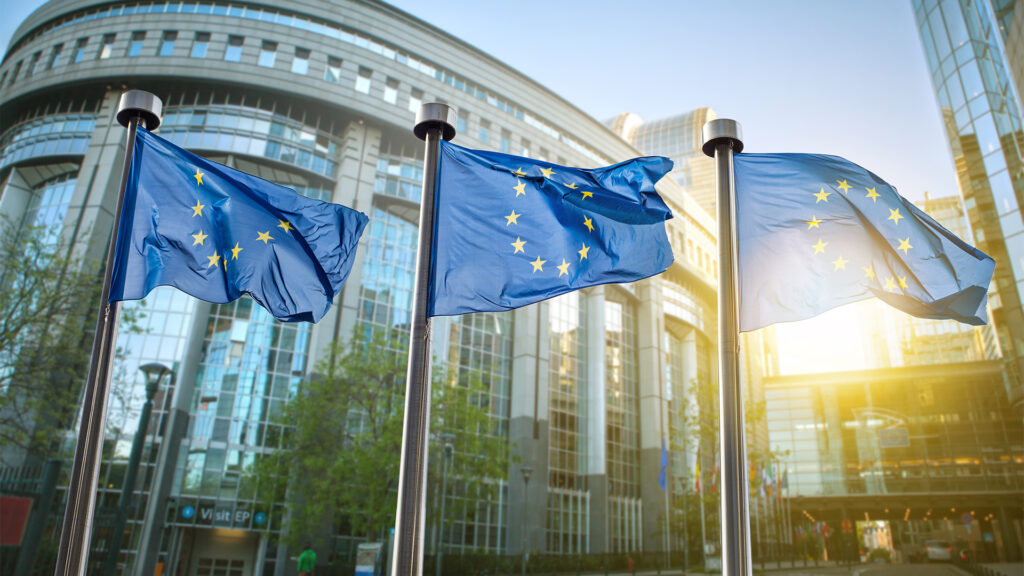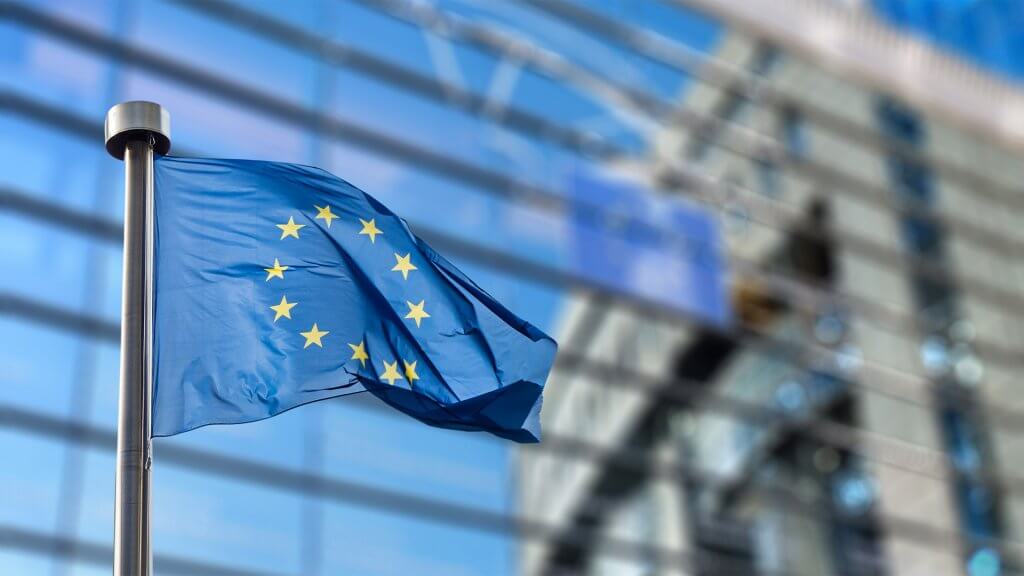
By Adam Herbert, CEO & Co-founder, Go Live Data
The marketing data industry is stagnant and in imminent need of change, according to Adam Herbert, a data and marketing CEO who, since launching Go Live Data in 2020, has helped the likes of Amazon Business, AXA Health and Premierline Insurance reach new customers.
Large databases, outdated contact records, irrelevant content strategies, and inboxes bombarded with poorly timed emails, is a model built on reach and not relevance – and that’s the problem. Across Europe and beyond, we’re seeing a broadening gap between the sender and the recipient with a distinct disconnect between what brands want to say, and what businesses need to hear.
For many years, B2B marketing has been driven by lead-generation tactics and poor-quality data, with little regard for the person on the receiving end. In a digital economy built on trust, this approach no longer serves the customer or the sender.
Recipient-first
Throughout Europe business leaders are grappling with tightening regulations, changing consumer behaviours, and a more privacy-aware population. GDPR laid the legal foundation, but a more profound shift is underway, based on recipient expectation.
Today’s business buyer expects control and respect, and require timely, useful communication that addresses their specific needs. In other words, definitely not generic cold emails that don’t reflect their reality.
The truth is, most marketing systems were never built to deliver that. They were built to scale, and scale fast. But volume isn’t value and in trying to speak to everyone, many brands end-up reaching even less, in a particularly meaningful way.
The future of marketing therefore is about better data and marketing with intent.
Building more trust
There’s a trust gap in B2B communication, and nowhere is it more visible than in email outreach. Despite the rise of automation and AI, the fundamentals haven’t changed: as people buy from people and people listen when they feel understood.
To bridge that gap, marketers must think less like broadcasters and more like editors by curating relevant information and timing their messages based on behaviour. Most of all, it must become a priority to put the recipient’s experience at the heart of the campaign – not the sales team’s targets.
This mindset shift underpins everything we do at Go Live Data. It’s what we call “marketing with intent” and it starts by earning the right to appear in someone’s inbox.
Europe presents a unique challenge and an opportunity for ethical marketing. With 27 member states, multiple languages, and varied cultural norms, there is no “blanket” approach to data-led outreach.
Success here depends on recognising that compliance is just the start, and that ethical marketing done right means moving beyond legal obligations to meet regional expectations, build relationships, and adapt to local preferences.
This is where data must work smarter. Clean, accurate, and refreshed frequently. Not scraped from outdated directories or purchased in bulk. Without this, the efforts pose risks of damaging brand equity and erodes the sort of long-term loyalty that European markets are known to value.
Changing the frequency
A major problem in B2B marketing isn’t just what we say, it’s how often we say it.
Across the board, frequency is an issue. Marketing automation has made it easier than ever to hit “send,” but harder than ever to earn attention, encouraging recipients to unsubscribe and across many sectors, ranging from financial services to healthcare, buyers are tuning out.
This is why we’ve pioneered what we call “Frequency Rules” as a principle. The idea is simple. Only communicate when it makes sense, monitor behaviour, respect timing and build credibility.
Across European business cultures, where relationship-building will outrun aggressive sales, this approach becomes a necessity.
Ethical data offers a competitive advantage
When you know who you’re speaking to, why they’re relevant, and what they need to hear next, everything changes. Your campaigns become educational, and your conversion rates are likely to rise. But more importantly, your brand will begin to build trust over time. As AI governance and digital rights continue to change, the companies that lead with ethics will be the ones best placed to grow.
Reinventing the B2B marketing industry
The industry needs a new operating model, which moves from transactional thinking to long-term value. From treating every business the same, to the creation of intelligent data, driven by quality, not quantity. And at the heart of every campaign and decision the recipient must come first.
Europe’s business leaders are right to demand better, and the data industry must rise to this call.


























